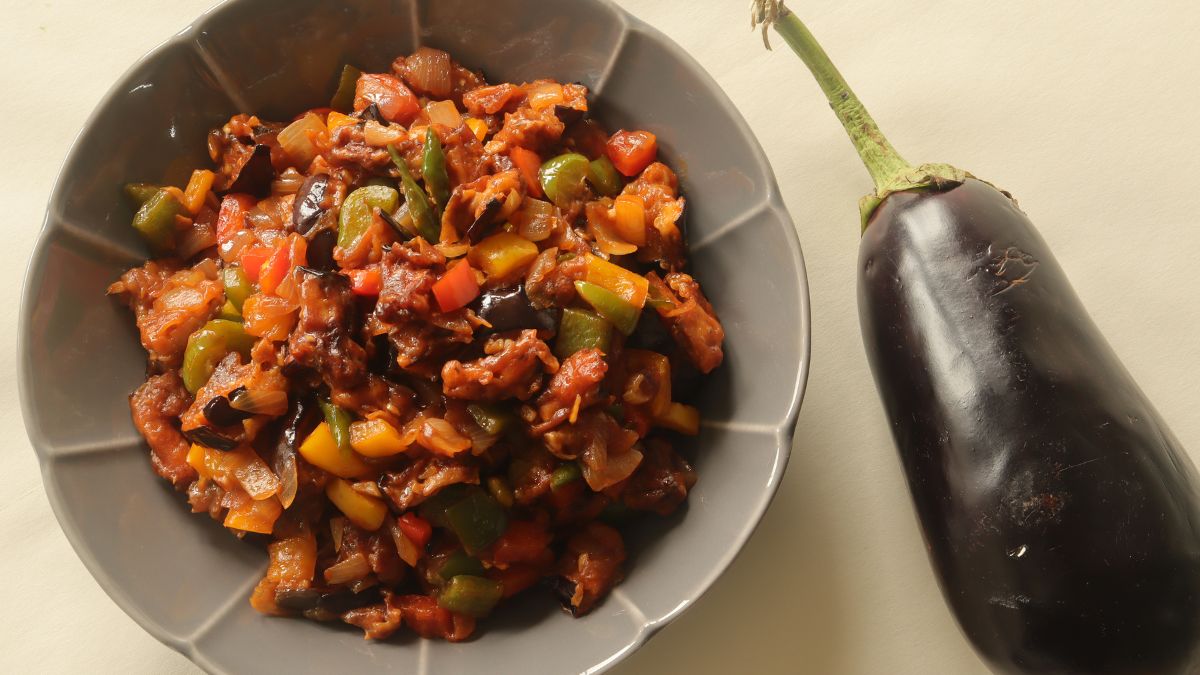Short Answer: It is generally safe to eat brinjal and fish together or one after another. Because there is no scientific proof that they cause any harm to health or digestion.
Brinjal and fish both are healthy foods.
Brinjal contains fiber, manganese, and potassium and fish has protein, vitamin D, and omega-3 fatty acids.
According to Ayurveda, brinjal and fish are incompatible foods that should not be eaten together.
This is because brinjal is a nightshade vegetable that has a cooling energy, while fish is a non-vegetarian food that has a heating energy.
Eating them together can cause indigestion, gas, bloating, and toxins in the body.
Ayurveda also advises against eating fish with any dairy product, such as yogurt or cheese.
But according to science, there is no clear evidence that brinjal and fish have any adverse effects on health or digestion when consumed together.
In fact, some cuisines, such as Indian and Mediterranean, have dishes that combine brinjal and fish, such as fish and brinjal curry6 or baked fish with eggplant.
These dishes may provide a balanced meal of carbohydrates, protein, fat, and micronutrients.
However, some people may have allergies or sensitivities to either brinjal or fish, which can cause symptoms such as itching, swelling, or nausea.
In that case, they should avoid eating them, whether separately or together.
As a nutritionist, my advice is to try first.
If after eating brinjal and fish together you experience any discomfort, then stop combining them.
And if you can tolerate them, then continue.
However, you should be mindful of the quality and quantity of brinjal and fish you consume.
Because brinjal may contain pesticides or solanine, a toxic compound that can cause headaches, vomiting, or diarrhea if eaten in large amounts.
And fish may contain mercury, a heavy metal that can harm the nervous system if accumulated in the body.
Whether you eat them together or not, you should always choose fresh and organic brinjal and fish.
Because they will have fewer chemicals and more nutrients than processed or frozen ones.
You should also wash and peel the brinjal before cooking, and remove the skin and bones from the fish.
You can store them in the refrigerator for up to three days, or in the freezer for up to six months.
Do not store them in direct sunlight, heat, or moisture, as they can spoil faster.
Finally, remember, brinjal and fish are nutritious foods that can benefit your health in moderation.
Read Next
Brinjal can support your bone health, reduce cell damage, and lower your risk of depression.
Fish can improve your brain health, lower your risk of heart disease, and provide essential nutrients for growth and development.

